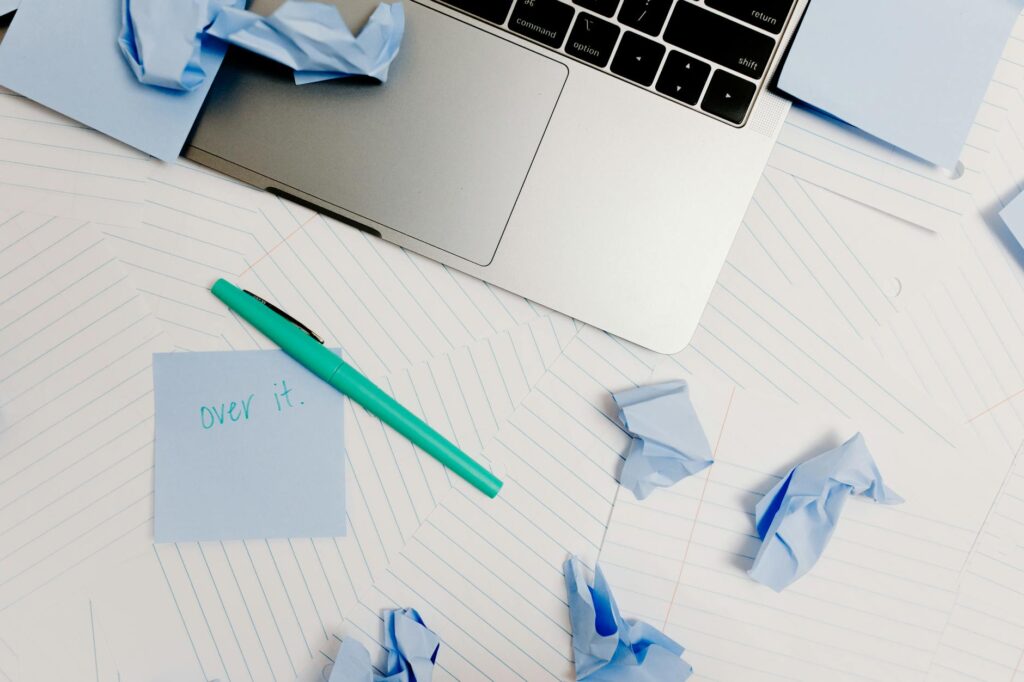What is distraction reduction?

What is distraction reduction?
In today’s fast-paced world, distractions are everywhere. From the constant ping of notifications to the endless scroll of social media, staying focused can feel like an uphill battle. This is where distraction reduction comes into play. It’s not just a trendy term but a vital practice that enhances productivity and supports mental well-being. By understanding and implementing distraction reduction techniques, we can reclaim our attention, streamline our tasks, and significantly improve our quality of life.
Understanding Distraction Reduction
Distraction reduction is the practice of minimizing the elements that divert attention away from tasks at hand. This concept is crucial in personal development and productivity enhancement. Think of your mind as a funnel; distractions are the debris that clog it, preventing ideas and focus from flowing freely. By reducing these distractions, you can create clearer pathways for your thoughts and work.
The Psychology Behind Distractions
Distractions impact our cognitive processes in profound ways. When we’re interrupted, it takes time to regain our focus and re-engage with the task. Research shows that it can take up to 23 minutes to return to full concentration after a distraction. This not only hampers productivity but can also lead to increased stress and frustration. Understanding how distractions affect our minds helps us prioritize strategies for reducing them.
Types of Distractions
Distractions come in many forms, and being aware of them is the first step toward effective reduction. They can be categorized into:
- Digital Distractions: Notifications from social media, emails, and apps.
- Environmental Distractions: Noisy surroundings, cluttered workspaces, or interruptions from others.
- Self-Imposed Distractions: Procrastination, wandering thoughts, or multitasking.
Identifying which types affect you most can guide your distraction reduction efforts.
Strategies for Effective Distraction Reduction
Implementing distraction reduction strategies can create a more conducive environment for productivity. Here are some actionable techniques:
Setting Up a Productive Environment
Creating a workspace that minimizes distractions is crucial. Start by decluttering your desk and organizing your materials. A clean space can significantly enhance focus. Additionally, consider using noise-canceling headphones or playing background music to drown out distracting sounds—it’s about creating a space where you feel comfortable and able to concentrate.

Photo by Tara Winstead
Utilizing Technology Wisely
Technology can either be a friend or foe in distraction reduction. Use apps designed to minimize distractions, such as website blockers or productivity timers. Tools like Freedom and StayFocusd allow you to control your online activities and keep you accountable.
Mindfulness and Focus Techniques
Practicing mindfulness can significantly enhance your ability to focus. Techniques such as meditation or deep breathing exercises help center your thoughts and reduce stress. Even taking short breaks to refocus your mind can enhance your overall productivity. Consider setting a timer for focused work sessions followed by brief periods of rest, a method often referred to as the Pomodoro Technique.
Benefits of Distraction Reduction
The advantages of distraction reduction extend beyond mere productivity. Here’s how minimizing distractions positively impacts various aspects of life:
Improved Focus and Efficiency
When distractions are reduced, your ability to concentrate improves. This leads to enhanced efficiency in completing tasks. With better focus, you can tackle complex issues more quickly and effectively. A study noted that employees who reduced distractions reported increased engagement and productivity levels (Forbes).
Enhanced Mental Well-Being
Reducing distractions isn’t merely about getting more done; it’s also about mental health. Constant distractions can lead to anxiety and decreased job satisfaction. By minimizing these interruptions, individuals often experience lower stress levels and improved overall well-being. Engaging in focused work can foster a sense of accomplishment that enhances self-esteem and motivation.
Conclusion
Distraction reduction is essential in our increasingly chaotic lives. By understanding what distractions are, their underlying psychology, and implementing effective strategies, we can significantly improve our productivity and mental well-being. Remember, the goal isn’t merely to work harder but to work smarter—taking the time to reduce distractions can lead to a more fulfilling and productive life. So why not start today? Implement these strategies and watch as your focus and efficiency soar.